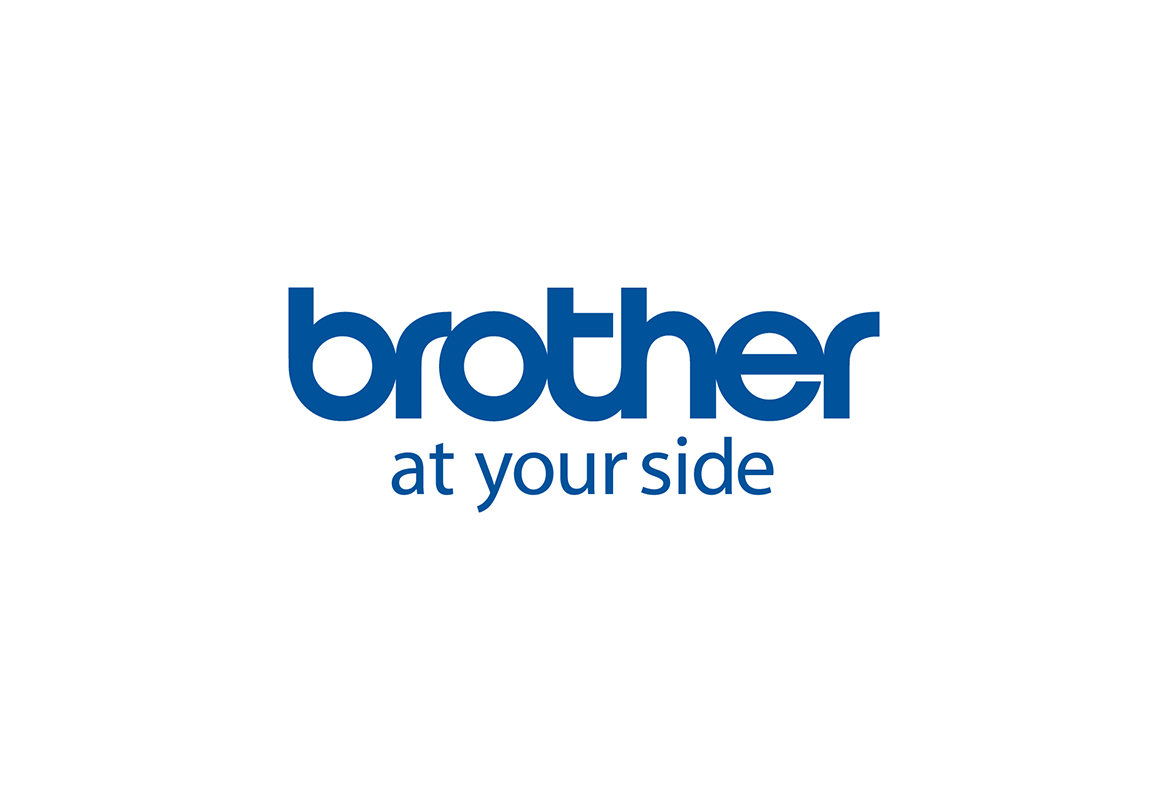
How to securely dispose of confidential documents
It’s never been more important to dispose of confidential documents safely and securely. Since the General Data Protection Regulation (GDPR) legislation came into effect in 2018, organisations can face significant fines – up to a maximum of £17.5m in the UK – for the most severe violations.
It doesn’t matter what size the organisation is. Everyone, from sole traders and SMBs right through to multinational corporations, is equally affected.
Whether your confidential information is physical, digital, or both, you need a system in place for securely disposing of data. This has been made doubly challenging since the advent of hybrid working, with teams distributed between homes and offices. How can you ensure document security across a virtual workforce?
Similarly, if you have more general document security support, we’re here to answer all your questions. How do you know what information is confidential and the best way to dispose of paper documents? And how can you ensure digital data has really been removed? Let’s get started.
What are confidential business documents?
Remote working brings new challenges, and document security is high on that list. In a hybrid office, there is naturally a greater chance of confidential information being accessed and stored in home environments. Independent working puts greater emphasis on the individual to be responsible for disposing of confidential material, but also to correctly identify data that needs to be destroyed.
So, how do you determine what should be confidential? Technically, it can be anything, from an organisation’s financial records to personal client, customer, or employee data. According to GDPR legislation, any information that can directly or indirectly identify an individual is classed as confidential. That includes information in an email, memo, letter, report, or any other kind of document. As a result, even if you don’t handle particularly sensitive or private data in your industry, you likely interact with confidential documents every single day.
GDPR and compliance
GDPR applies to both digital and physical copies of confidential information. It has seven fundamental principles around the handling of personal data. These include purpose limitation, data minimisation, storage limitation, and integrity and confidentiality (security). Crucially, individuals have the right to ask organisations to dispose of any data held about them. As we mentioned above, failure to comply with GDPR legislation carries severe consequences and massive fines.
Organisations across the UK and Europe worked hard to get GDPR-ready when the legislation was announced. Still, the transition to hybrid working environments over the last 18 months has created further challenges.
While most organisations should already have a data protection and document disposal policy after the introduction of GDPR, many managers may feel they now have less control over how staff handle confidential documents. Therefore, it is vitally important to have a document security strategy in place that’s ready for the hybrid era.
How to dispose of digital documents
Disposing of digital documents requires a little more effort than simply deleting files or dragging folders into the electronic trash bin. Almost every device has background storage and back-ups. With more organisations storing data in the cloud, it’s essential to ensure that information is not accessed or retrieved. One way to do this is to install secure deletion software. Another is to invest in ongoing specialist support from IT experts, such as Brother’s dedicated team.
To ensure no documents can be retrieved from them, there’s also the matter of destroying and recycling old electronic equipment such as computers, laptops, and printers. Specialist electronic disposal companies can do this, but this could also form part of any bespoke business solution while working with a trusted industry leader like Brother.
How to dispose of paper documents
While more organisations are going digital, most workplaces will still have some physical documents. This is especially true in today’s hybrid offices, where employees may work between the home and office. Even if your organisation has a paperless or digital-first policy, it is harder to enforce when your workforce is distributed across different locations. Therefore, it’s essential to ensure your colleagues know the best way to dispose of confidential paper documents.
It may sound old-school, but shredding is still the most secure method. It’s also environmentally friendly, as documents that have been shredded can be more easily recycled. However, shredding needs to be done to a professional standard using cross-cut or micro-cut techniques, which prevent strips from being reassembled.
Shredded material should also be disposed of in clearly labelled confidential waste sacks. Many organisations work with specialist companies for this. Alternatively, Brother’s managed print services (MPS) will not only give you peace of mind by managing and monitoring your fleet of printers, scanners, and multifunction devices but can also provide you with expert advice, guidance and the necessary software and functions to establish best practice printing behaviours.
Short-term MPS home working contracts are also available if you’re transitioning to hybrid working but don’t want to commit to lengthy contractual commitments. We now offer all the benefits of an MPS contract on short-term 12-month home working contracts.
Brother has a range of solutions for improving print security and protecting confidential documents, such as Secure Print+ software and Secure Print Advanced, as well as professional printers designed for protection with innovative built-in safety features.
Summary
The secure disposal of confidential documents is even more of a priority following the move to hybrid working. This is partly due to the unique risks and challenges posed by a remote distribution workforce and the ever-present threat of GDPR.
Thankfully, there is a solution for every challenge, from professional printers with built-in security features to leading document security software and managed print services. You can also receive bespoke support from Brother’s technical experts, tailored to your organisation’s needs. It’s never too soon to step up security.
For more information on the challenges facing IT decision makers visit our hybrid working hub, here.

